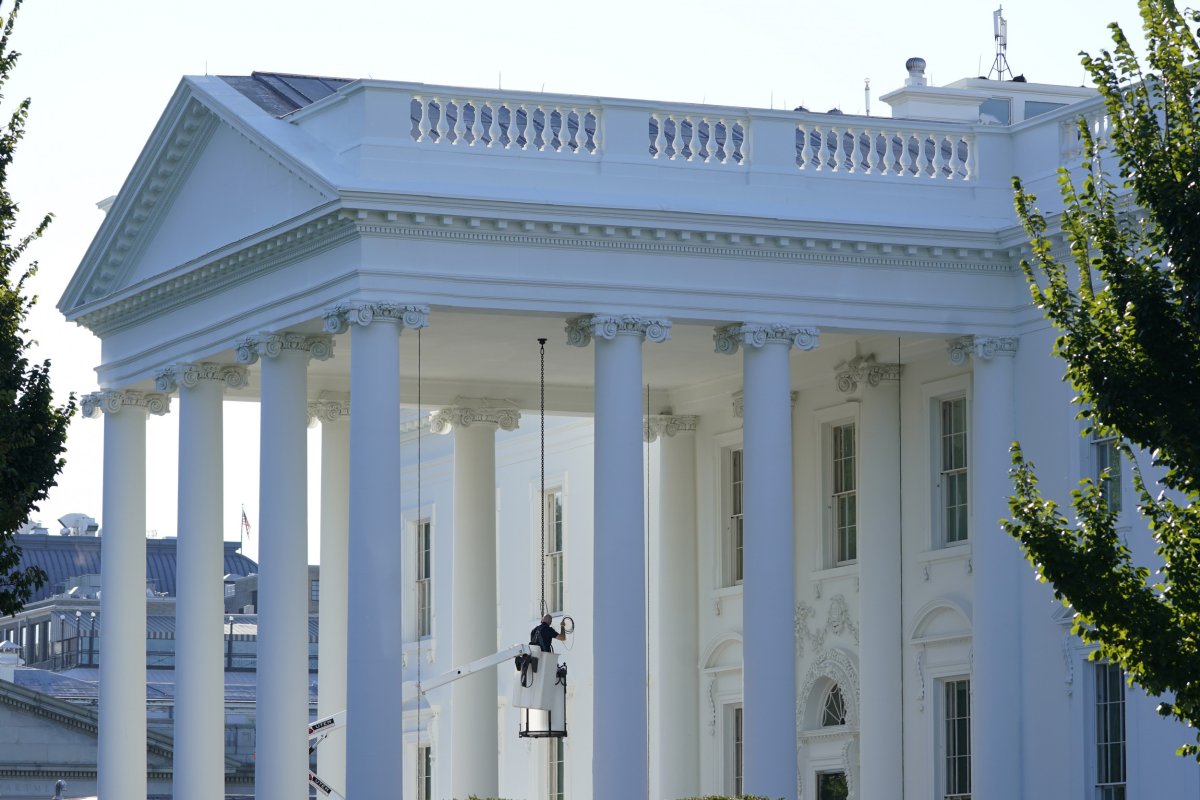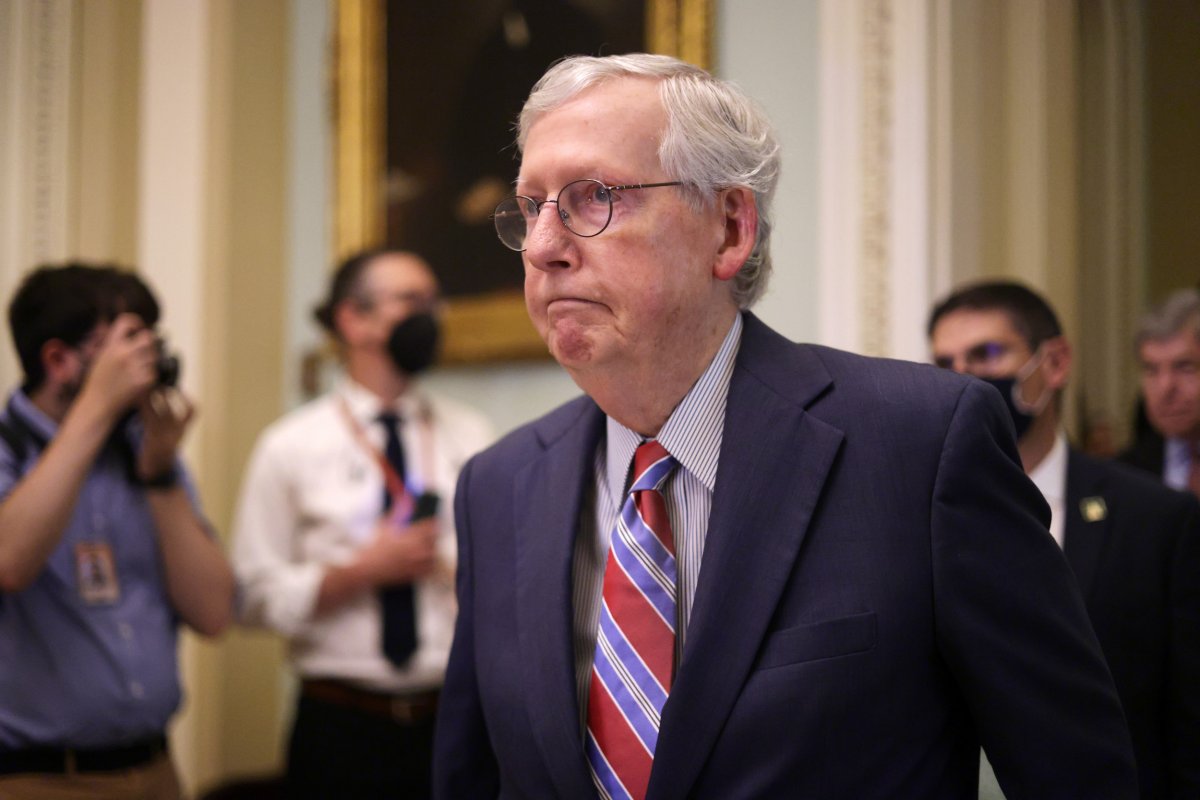The Medicaid and food stamps programs are among those that could lose funding if Congress does not raise the U.S. debt limit, the White House warns, according to the Associated Press.
Joe Biden has pressed for bipartisan action on increasing the limit on debt that was almost completely accumulated before he became president. But Senate Minority Leader Mitch McConnell has refused to heed the president's calls and said Democrats would have to act without GOP support, the AP said.
The U.S. debt limit is the amount of money Congress permits the Treasury Department to borrow. The $30 billion allotted for food assistance would be jeopardized without a limit increase, as well as $10 billion for public health.
States, in particular, would suffer from a loss in Medicaid funding, since the federal government finances two-thirds of the costs. This would jeopardize the approximately 20 percent of Americans who get health insurance through Medicaid and the Children's Health Insurance Program, the AP said.
Other programs and initiatives that could see severe cuts involve disaster relief, infrastructure grants and school money.
For more reporting from the Associated Press, see below.

A fact sheet for state and local officials, which was issued Friday by the Biden administration and obtained by the AP, is an attempt to ratchet up public pressure on McConnell.
The Treasury Department has engaged in extraordinary measures to keep the government running after the suspended debt limit was reinstated in August at a level of $22 trillion, about $6 trillion less than the current total debt load. Treasury's extraordinary measures will be exhausted by October, creating the potential for default.
The debt limit was suspended three times during the Trump administration and has been lifted dozens of times since 1960. Created at the start of World War I so Congress would no longer need to approve each bond issuance, the debt limit has evolved into a political weapon as borrowing has sharply escalated over the past two decades.
McConnell has said he will not sanction further increases and that the Democrats have the ability to go it alone.
"With a Democratic President, a Democratic House, and a Democratic Senate, Democrats have every tool they need to raise the debt limit," the Kentucky senator tweeted on Wednesday. "It is their sole responsibility. Republicans will not facilitate another reckless, partisan taxing and spending spree."
Biden has countered that Republicans are to blame for the rising deficit and that his plans for child care, schooling, health care, infrastructure and adapting to climate change will be fully paid for in the long term.
"Let me remind you, these are the same folks who just four years ago passed the Trump tax cut," Biden said in Thursday remarks at the White House. "It just ballooned the federal deficit."
With the total debt standing at $28.4 trillion, the government would be forced to cut deeply into programs unless the restrictions on borrowing are lifted or suspended. The risk of a recession and turmoil in the financial market would make it harder for states and cities to borrow, while also playing havoc with public pension investments.
The Biden administration's fact sheet makes the case that the pain would be spread among the states because many programs rely on federal dollars. The government's ability to respond to natural disasters such as hurricanes, earthquakes or wildfires would be curtailed.

Uncommon Knowledge
Newsweek is committed to challenging conventional wisdom and finding connections in the search for common ground.
Newsweek is committed to challenging conventional wisdom and finding connections in the search for common ground.
About the writer
Zoe Strozewski is a Newsweek reporter based in New Jersey. Her focus is reporting on U.S. and global politics. Zoe ... Read more
To read how Newsweek uses AI as a newsroom tool, Click here.








